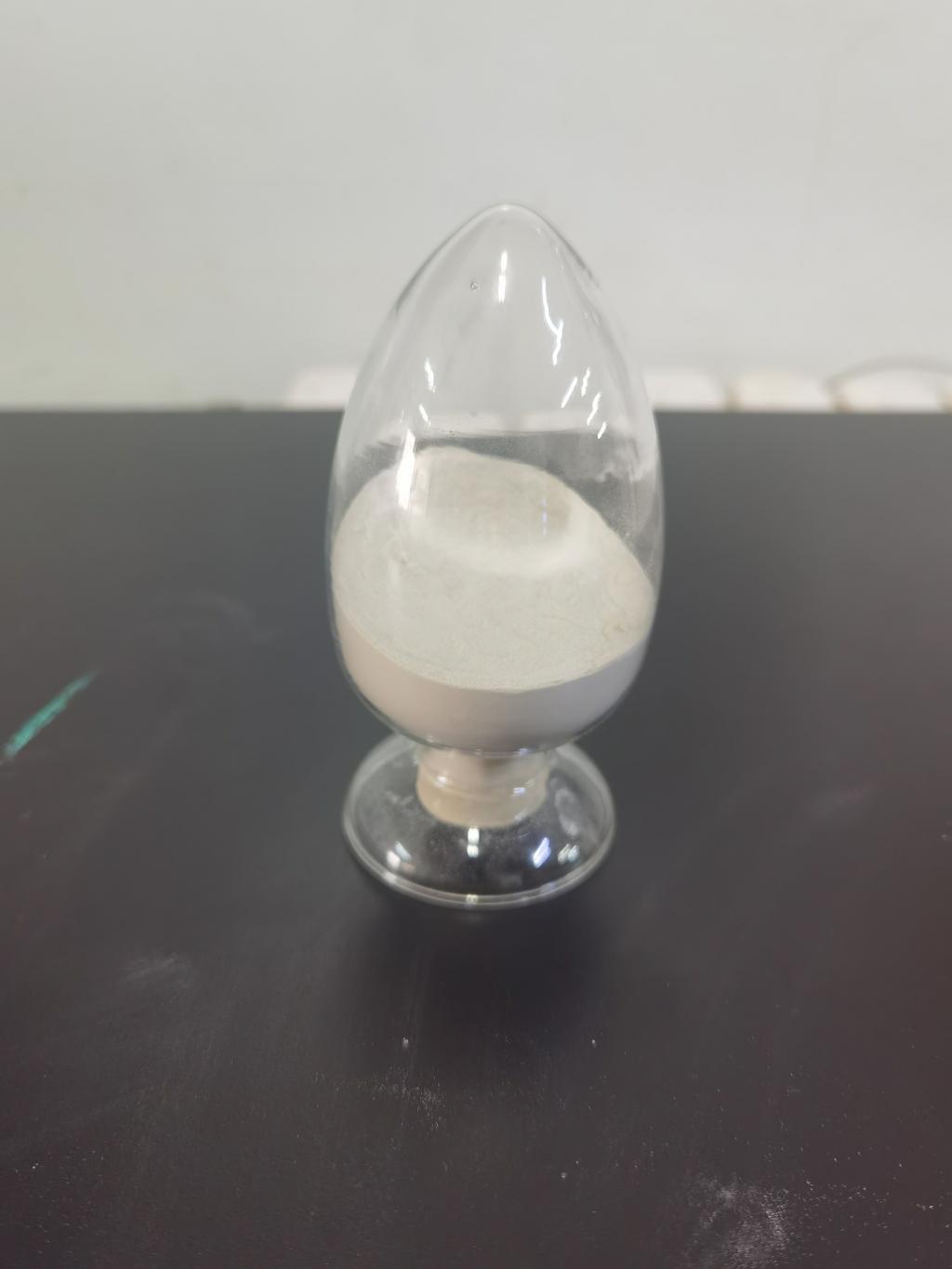Tel:+8618231198596

News
 CONTACT
CONTACT
 CONTACT
CONTACT
- Linkman:Linda Yao
- Tel: +8618231198596
- Email:linda.yao@dcpharma.cn
- Linkman:CHARLES.WANG
- Department:Overseas
- Tel: 0086 0311-85537378 0086 0311-85539701
News
Regulatory approval and safety considerations of Nisin usage.
TIME:2024-05-09
Regulatory Approval Process:
The regulatory approval process for nisin varies depending on the intended use and jurisdiction. In many countries, nisin is regulated as a food additive or antimicrobial agent, and its approval typically involves comprehensive safety assessments, including toxicological studies, microbial safety evaluations, and dietary exposure assessments. Regulatory agencies such as the U.S. Food and Drug Administration (FDA), European Food Safety Authority (EFSA), and other national regulatory authorities evaluate scientific data to determine the safety and suitability of nisin for its intended applications.
Safety Considerations:
Safety considerations play a crucial role in the regulatory approval of nisin. Toxicological studies assess the potential adverse effects of nisin on human health, including acute toxicity, genotoxicity, carcinogenicity, and reproductive toxicity. Microbial safety evaluations examine the potential for nisin to induce antimicrobial resistance or alter the composition of the gut microbiota. Dietary exposure assessments estimate the daily intake of nisin from various food sources and evaluate its potential impact on consumer health.
Current Regulatory Status:
Nisin has been approved for use as a food additive in many countries, including the United States, European Union, Canada, Australia, and Japan. It is classified as Generally Recognized as Safe (GRAS) by the FDA and has been assigned an Acceptable Daily Intake (ADI) by regulatory authorities based on toxicological evaluations. Nisin is permitted for use in a wide range of food products, including dairy, meat, poultry, and processed foods, as well as in certain healthcare and cosmetic products.
Challenges and Future Directions:
Despite its regulatory approval and widespread use, several challenges remain regarding the safety and regulatory status of nisin. These include addressing concerns related to antimicrobial resistance, ensuring compliance with labeling requirements, and harmonizing regulatory standards across different jurisdictions. Future research efforts should focus on addressing these challenges, as well as exploring novel applications and delivery systems for nisin in food and healthcare industries.
Conclusion:
The regulatory approval and safety considerations surrounding nisin usage are critical factors that must be carefully evaluated to ensure consumer safety and regulatory compliance. Through rigorous safety assessments and regulatory oversight, nisin has been approved for use as a food additive and antimicrobial agent in many countries. Continued research and collaboration between regulatory agencies, industry stakeholders, and the scientific community are essential for addressing emerging safety concerns and expanding the use of nisin in diverse applications.
- Tel:+8618231198596
- Whatsapp:18231198596
- Chat With Skype







